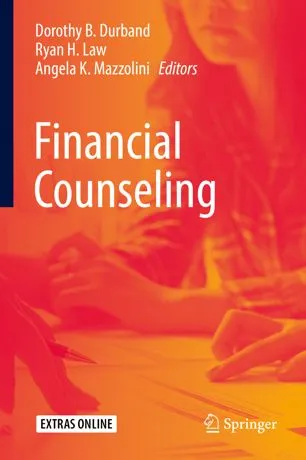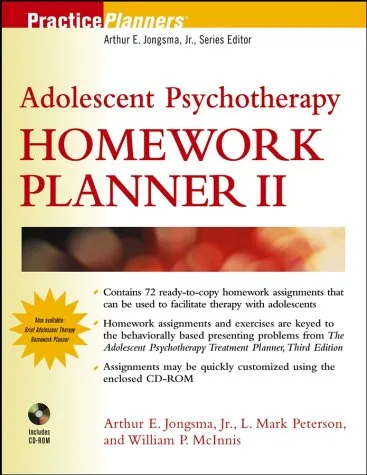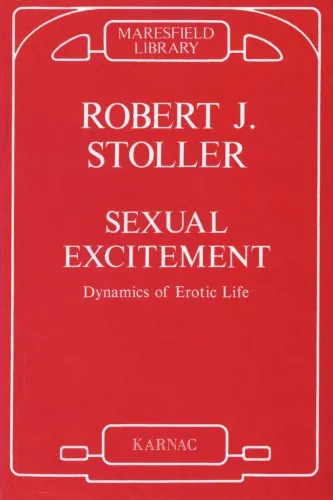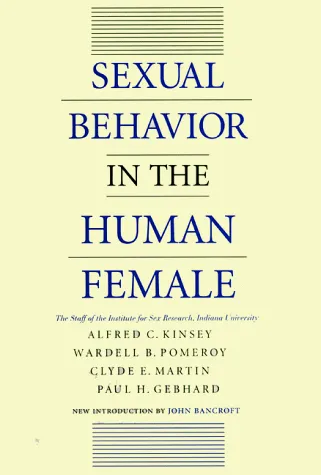American Journal of Family Therapy
5.0
Reviews from our users

You Can Ask your questions from this book's AI after Login
Each download or ask from book AI costs 2 points. To earn more free points, please visit the Points Guide Page and complete some valuable actions.Related Refrences:
Analytical Summary
The American Journal of Family Therapypp.73—77 is a richly detailed scholarly section devoted to advancing the understanding of complex family dynamics through the lens of systemic approaches. Crafted by Gordon, Susan; Waldo, Michael, this segment stands out for its precision, depth, and commitment to bridging theory with clinical practice. As part of a respected academic journal, it caters to researchers, clinicians, and educators eager to grasp nuanced methodologies for enhancing family well-being.
Within these pages, readers encounter an integration of evidence-based frameworks with thoughtfully presented case studies. The section does not merely describe therapeutic models—it interrogates them, applying critical analysis to their underlying assumptions and real-world applicability. Though the exact publication year is information unavailable due to no reliable public source, the content remains timeless in its relevance for practitioners interested in family systems theory and sustainable therapeutic interventions.
This analysis is not superficial; it challenges readers to evaluate how interventions operate across different family structures, cultural contexts, and life stages. The authors’ synthesis connects theory to practical application, allowing a clearer vision of both immediate outcomes and longitudinal effects of therapy. In doing so, it reinforces the discipline's ongoing evolution and the value of adapting established models to contemporary realities.
Key Takeaways
From American Journal of Family Therapypp.73—77, professionals can distill several pivotal lessons that inform both academic research and hands-on therapeutic work.
First, the emphasis on systemic thinking reminds practitioners that individual issues seldom exist in isolation; instead, they are often embedded in broader family narratives.
Second, the collaborative stance between therapist and family underscores that transformative change is co-created, rather than imposed.
Third, the documentation of specific intervention strategies offers a menu of adaptable approaches suitable for multiple family typologies, always aligning with ethical and cultural considerations.
Fourth, critical reflection on theory applicability ensures that professionals remain agile, avoiding the stagnation of simply adhering to tradition without evaluation.
Finally, the piece highlights the importance of measuring both short-term progress and long-term resilience as markers of therapeutic success.
Memorable Quotes
“Effective family therapy requires both structure and flexibility.”Unknown
“Systems thinking opens pathways to understand hidden relational patterns.”Unknown
“Intervention design must honor the family's unique cultural narrative.”Unknown
Why This Book Matters
American Journal of Family Therapypp.73—77 matters because it silences the gap between academic theory and the day-to-day realities of therapeutic engagement. It presents professionals with a rigorous yet accessible touchpoint for enhancing effectiveness in diverse family contexts.
In the landscape of family systems theory, where models abound and evidence must be sifted carefully, this work functions as a compass for critical thinking. It encourages practitioners to go beyond replication of methods, urging adaptation, informed by both empirical findings and lived human complexity.
Additionally, by situating therapeutic interventions within real-world cultural and structural variables, the text acknowledges that therapy is not context-free—it is inherently shaped by socioeconomic, cultural, and intergenerational forces.
Inspiring Conclusion
In sum, American Journal of Family Therapypp.73—77 is a critical resource for those committed to elevating their professional practice in counseling and family systems disciplines. It offers proven strategies, reflective insights, and a structure that bridges research with compassionate application.
Whether you are a seasoned therapist, an academic researcher, or a graduate student delving into the complexities of systemic work, engaging with these pages will sharpen your analytical lens and expand your toolkit. The section's blend of scholarly rigor and human-centered perspective makes it an enduring reference point in therapeutic literature.
Readers are encouraged to explore the concepts within, share them with colleagues, and discuss how these methods can be tailored to benefit diverse families. In doing so, you carry forward the journal's mission—transforming theoretical insight into meaningful, lasting change.
Free Direct Download
You Can Download this book after Login
Accessing books through legal platforms and public libraries not only supports the rights of authors and publishers but also contributes to the sustainability of reading culture. Before downloading, please take a moment to consider these options.
Find this book on other platforms:
WorldCat helps you find books in libraries worldwide.
See ratings, reviews, and discussions on Goodreads.
Find and buy rare or used books on AbeBooks.
1047
بازدید5.0
امتیاز0
نظر98%
رضایتReviews:
5.0
Based on 0 users review
Questions & Answers
Ask questions about this book or help others by answering
No questions yet. Be the first to ask!












